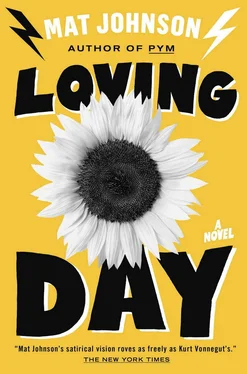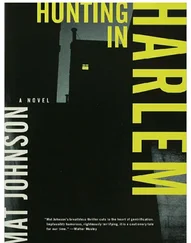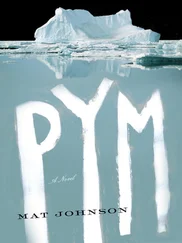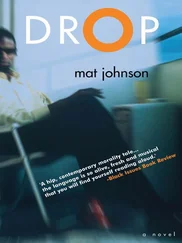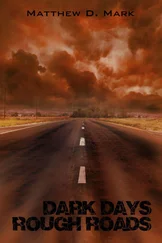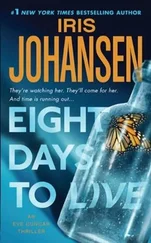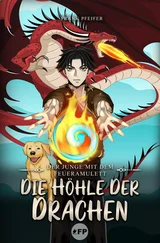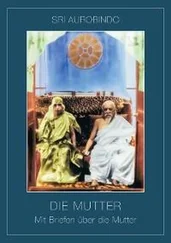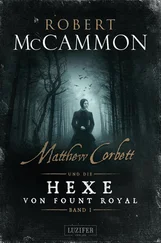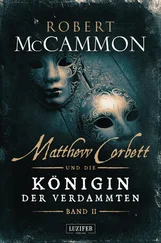I look up, and of course he is the lightest-skinned one here besides me. Of course he is. This defender of the darker masses. And what am I to say to him? I didn’t write this work, I just drew it. They sent me a script, and I drew it. The characters, they all came with descriptions of how they looked, which were mostly based on images of famous people of the period, and I was given the images of those people as well. The guy who wrote it did this, not me. The guy who wrote it, go pick on him. The guy who wrote it, a guy I’ve never met or even talked to on the phone, he really might be color struck, but not me. You can get his email from his website. I’m sure he would love to hear from you.
I tell him this, and I am exhausted from it. I stay chipper though, smiling, and we are both relieved. If we were the type of people who enjoyed confrontation, we would have put down the comics years ago and started punching people in the face for real, instead of just looking at illustrated violence.
He buys a book, has me sign it to “Leon.” Shakes my hand front and then sideways and ends it with a snap. With the final handshake test, I have proven I am black. I have returned to America to defend my Negro title triumphantly. Again I have used the timbre in my voice to show that I too speak the language, that I do not distance myself from him. I have temporarily compensated for my paler skin, my straightish hair, and the fact that my dad was a honky. I have passed the exam presented to me. Yay. Don’t we all feel so much fucking better now? Wee-ha. Aren’t we all just one big happy family? Woo.
They loiter. I laugh a little too hard at a joke, stuck in the gear of overcompensation, and then feel someone watching me. The teenage girl sits on the floor directly across the room from me, her back against the wall. My book is still in her hands, resting in the lap made by her folded legs, her Jew-fro like a chestnut cloud floating. The book is open, but she’s staring at me. She appears as disgusted as I am by my inadequacies.
A good twenty minutes in, we’ve basically formed a Little Africa. Other black folks come in, some fans, some in the industry, and pool in our corner of the room. We talk about how so few white people will come to our corner of the convention, and joke until we convert our unease to laughter. We make reference to other legendary black superheroes, artists, writers, like they are our secret gods. There is a “we,” and I am included. I revel in the conspiracy. When the mandatory light-skinned joke is made, dismissing a prominent illustrator for not being black enough, I laugh loudest. Aha, those light-skinned folks, with their moderately less stigmatized lives. I don’t care because I haven’t been around black Americans in a group in a while and missed the camaraderie. I miss my family. I want to belong in my family. I want acknowledgment of shared experience, worldview, ancestry. I have no more real family, I realize within the fragile bliss. My father’s gone, Becks is gone, but in this moment it’s less painful for me. I fit in and I don’t fit in but it feels so good not to be thrown out. I see Caucasians in the room, looking over our way, puzzled and annoyed by the segregation. They stand in a pack of their own race, but their own race is invisible to them.
—
The group from around the table makes its way over to the conference room, and that means there is even a crowd worth facing. I sit with Mandingo and a few others as three dozen or so audience members space out in the chairs so the room seems less empty.
“What is it like as a black artist creating comics?” The first question goes. Serve, volley, pass the microphone. Mandingo answers it. I don’t pay attention to what he says. I pay attention to what he says when he finishes, because he actually passes the microphone to me next to answer. And as Caucasoidal as I am, as racially ambiguous — again, again, because it never goes away — I still talk to them about my experiences as a black man in comics and the predominantly black crowd actually listens. No one stops me. No one stands up and yells “Fraud!” and challenges me to name the founding members of the Student Nonviolent Coordinating Committee. They just listen. The people sitting onstage with me accept my presence, so the crowd does too. My self-loathing at the glee I take from this is overshadowed by the joy itself. The usual questions follow: How do you break in to the field? What’s your advice to an up-and-coming black artist? If you could work on any project, what would it be? I have answers prepared, prepackaged, marinated in whole milk in the fridge overnight. They love them. I am pithy. I am witty. As a child I worried about rejection, that my own community would gather together and cast me out like a bleached ugly duckling. My life’s fight has been to prove I’m a swan. That has brought me to this moment. Now, surrounded by the superhero imagery of my youth, I flap my wings. Look at me y’all! Let me shake my tail feather. I’m a swan, yo!
We’re hitting the zone known as Final Questions, when I hear a female voice ask, “But what is it like for you, as a biracial artist creating comic books?”
Mandigo looks out, brown hand grabbing the mike to answer, then stops. His mouth goes to say something, yet his jaw stutters free of sound. He looks confused. Then looks at me. I don’t know how I look. I’m pretty sure someone just called me out as a race traitor. The b -word, leaned on in the middle of the sentence, pushed like the last paste in the tube.
Squinting to see over the stage lights, I make out a standing woman, facing me, a looming triangle of shadow. I think it’s that creepy teenager, but it’s not. The questioner is in the back, on the left-hand side of the hall near the exit. When I shade the stage lights with my hand, I see she’s dressed in flowing white wrinkled layers like a toga. She’s a goddess. Or dressed up like one — she’s got the crown of golden leaves on and everything. When the others on the stage next to me begin to whisper, I realize I still haven’t said anything.
“Well, I don’t think of myself as a ‘biracial’ artist,” I say, laying my tongue on the b , pushing the word back to her. “I’m black, and I’m an artist. I’m a guy who draws pictures. I mean, that’s the ultimate freedom, isn’t it? To define oneself as a human being! Is ‘Human Being’ not a category? I draw my doodles inside the confines of boxes, but I refuse to let the preconceived boxes of others define me.”
There’s applause. I start to join in too, then decide that’s bad form. And I don’t really know what I’ve just said, as far as meaning. I have found that, in the African American oral tradition, if the words are enunciated eloquently enough, no one examines the meaning for definitive truth. So even the folks on the panel clap. There’s a little murmur in the room, and people are looking back at this woman. They look at her, because she is pale but brown, but now she has told all of them she is other . She is the traitor of blackness. I wait for her shadow to get smaller, for her to be diminished by the crowd’s disdain. But she just stands there.
Her stillness disquiets the audience. It grows silent, save for awkward shuffles. As she steps down the stadium stairs toward me, her sandals clap for her, and that’s all the approval she needs. “But why do you call yourself a black artist, in this age? You’re mixed, aren’t you? I mean, clearly one of your parents was white, or you wouldn’t look like that. Why do you find the need stick within the racial mold set by slavery?”
She looks like me. My tribe. Same skin color, same hair color, same eye color. I know one of her parents must be white as well. So she knows. My whole origin story. She could be my twin. I saw another lost fraternal twin once on Fifteenth and Walnut, in the summer, when I was sixteen. I only saw her for two seconds, maybe for four, before she turned off the sidewalk and into an air-conditioned boutique. A woman of my comparative height and general physiognomic presentation, a woman so instantly familiar I have thought of her for decades. I’ve thought of her and the idea that there could be someone walking around on this earth who was your mirror. That if you found them, if you connected with them, joined with them, you would never again feel alone. I believe this insanity as I believe that the rest of this auditorium can’t see her the way I do: we all have different brains, her image only unlocks mine. The room looks at the stage, where I am frozen. They don’t see the pale black man anymore, I’m sure. They look at me and now they see the fraud. The whole room. I can see Mandingo facing me with his body, with his jihadi beard, and I see myself through his eyes. And this is enough to bring my mind back into the reality of the moment again. To myself, not some attractive stranger. My hair is straight, my skin drained of melanin by three centuries of miscegenation with a final erasure courtesy of my father’s Irish seed. In my head, I hear someone yell “Honky!” but just in my head. No one moves, except her. Until she’s mere feet away, then she stops, puts her hands on her hips. Waiting. In the room, no one says anything. I want to say something to her, to talk to her, but the room is looking at me, changing me with their judgment, and I can’t handle that so I speak to them instead.
Читать дальше
